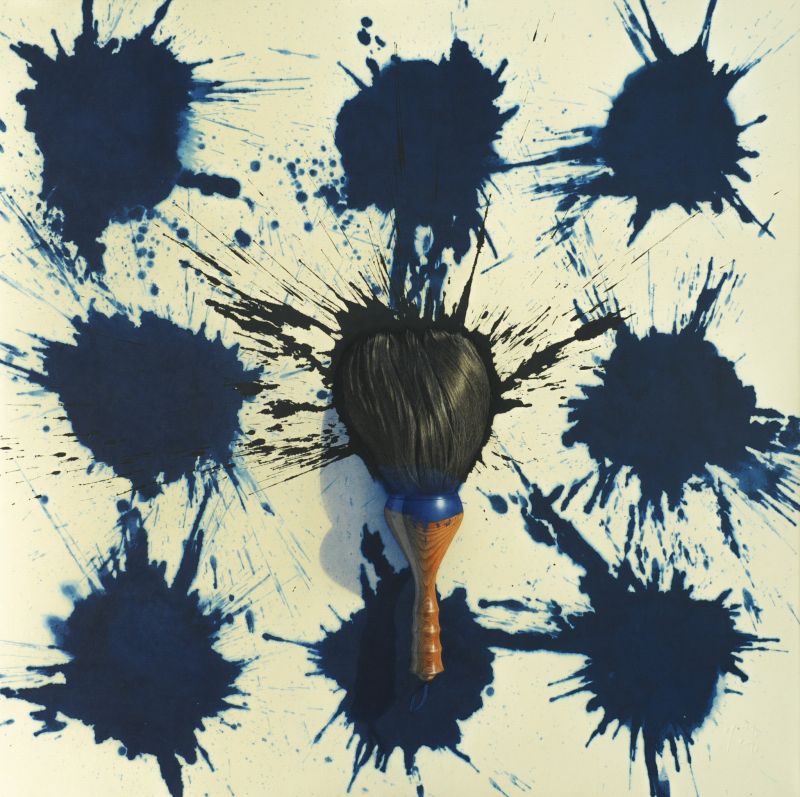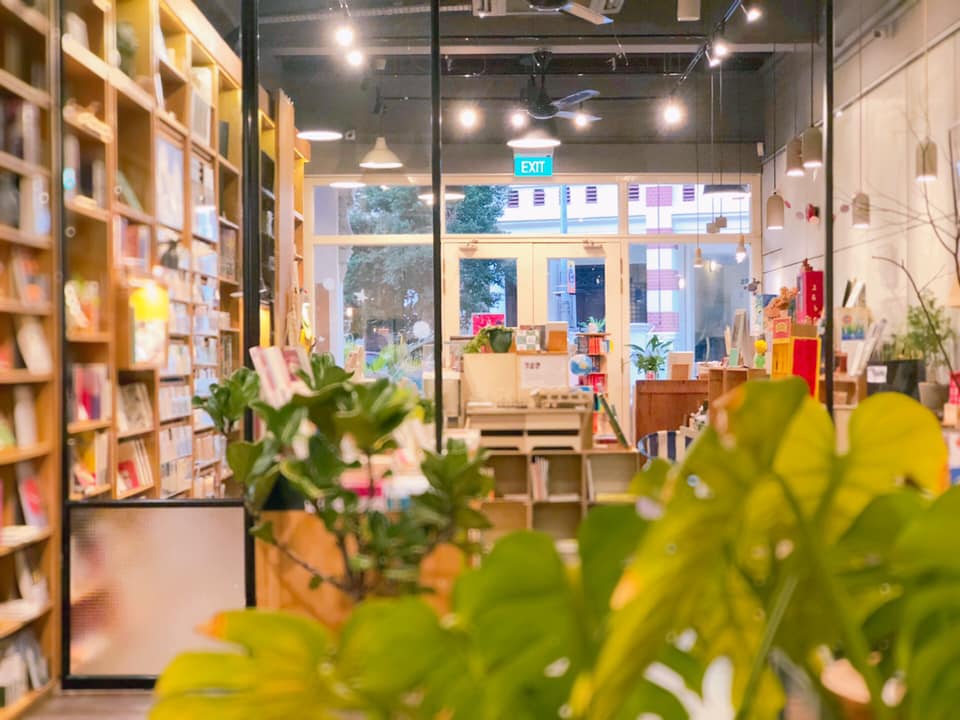The local arts community has always played a significant role in enriching the lives of Singaporeans. And over the last couple of months, their passion and generosity in dishing out cultural initiatives online has not gone unnoticed.
Since Singapore’s circuit breaker period, local arts organisations and collectives have been doling out free virtual festivals, online programmes as well as digital art exhibitions to help tide audiences through the lack of outdoor activities, all in spite of the setbacks stemming from the global pandemic.
Yet, even as the Covid-19 crisis persists, arts associations across the country have no intention of slowing down. In fact, they are now assuming the daunting task of adapting to the new normal and rethinking the future of the creative sector for both artists and the public.
Local arts institutions like the Arts House Limited and Esplanade are no stranger to providing such events while supporting the community at large. The former saw its annual literary fiesta LumiNation head online in August, while the latter held household music festivals such as Jazz in July and Pesta Raya digitally. And in order to conduct those events and productions seamlessly, stepping up their digital presence was of utmost importance.
Thankfully, the move was made less challenging (besides the fact that these are all creative folks) due to the fact that the arts venues had already begun undergoing a digital transformation over the last few years. As they did, Singaporeans followed suit.
 Old Songs of Redhill market by Toy Factory Productions Ltd is a digital commission for Silver Arts 2020 which is organised by the National Arts Council Singapore.
Old Songs of Redhill market by Toy Factory Productions Ltd is a digital commission for Silver Arts 2020 which is organised by the National Arts Council Singapore.
Digital arts avenues grow to captivate local audiences
In the latest Population Survey on the Arts, the National Arts Council revealed that the arts sector saw activities and digital avenues grow to captivate larger audiences last year.
Addressing this, Deputy Chief Executive Officer (Planning & Corporate Development) of the National Arts Council, Paul Tan, says: “The 2019 survey results highlight an increased consumption of the arts through digital platforms, likely due to more arts content being made accessible online. Three in four Singaporeans now enjoy the arts via online media, which is up by 14 percentage points from 2017.
“The survey was conducted before the Covid-19 pandemic but the results are more relevant than ever. Because live performances won’t resume anytime soon, coupled with the prevalence of the use of smart devices in Singapore, audiences’ lifestyle and consumption habits are changing and we are glad that our arts companies and artists are responding to the challenges posed by Covid-19 with creative flair and renewed energy.”
In the same survey, it is also noted that there is an overall increase in the consumption of the arts, and that more locals are attending these events.
This proves to be good news for arts organisations as appreciation for the scene grows. It will also go a long way in motivating artists, art curators, educators (and the list goes on) to focus on the digital realm as a way of working around the virus while connecting with audiences.
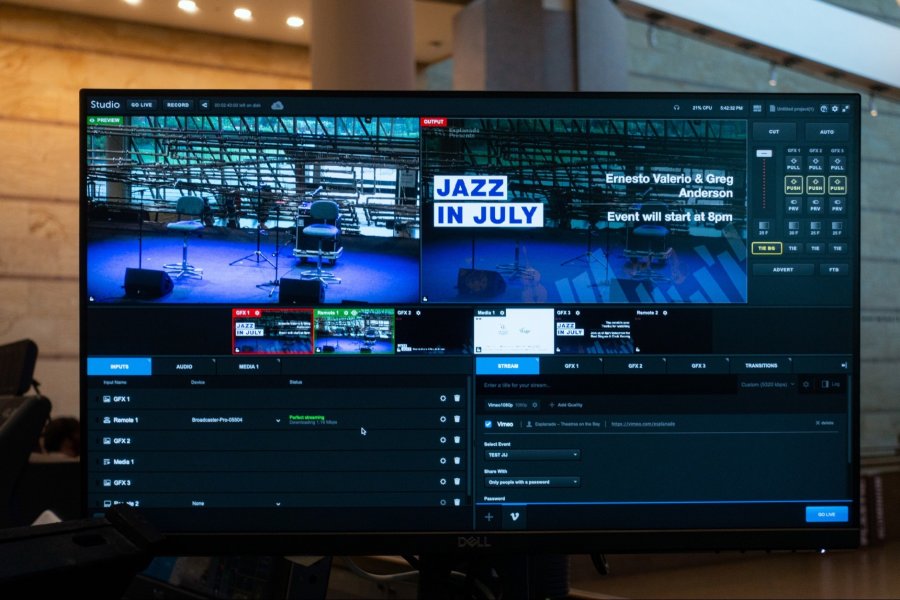
Esplanade’s annual music festivals like Jazz in July and even the upcoming Baybeats have gone online.
Sharing about Esplanade’s swift move in premiering festivals digitally is the arts centre’s Communications and Content Head, Clarissa Oon: “Esplanade embarked on a digital transformation journey five years ago, as we recognised the need to move into the digital sphere, to reach new and international audiences. It is a space where growing numbers of people encounter, consume and shape culture.
“In 2017, the centre started recording and digitally archiving performances at the centre, including filming multi-camera footage of selected programmes in their entirety. In October 2019, we launched Esplanade Offstage, an all-access backstage pass to the performing arts and guide to Singapore and Asian arts and culture, with videos, podcasts, articles, quizzes and resources.”
“The onset of Covid-19 merely accelerated our plans to stream performances in 2020, to bring live performances into the online space and unlock the treasure trove of performances in our digital archives,” she adds.
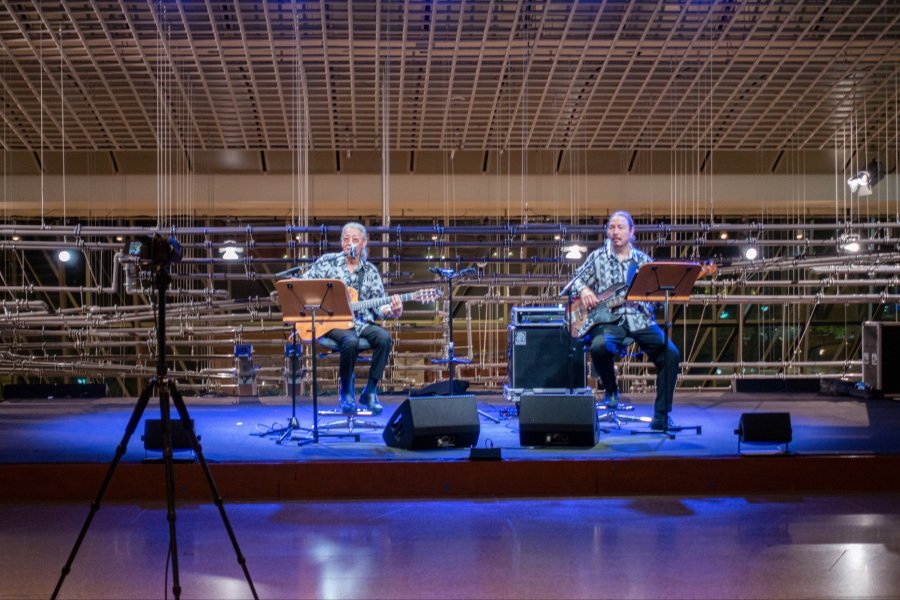
Check out Esplanade Offstage here.
Greater public outreach
Taking the Esplanade’s programmes online has also allowed them to reach more audiences than ever before. For the three cultural festival productions screened on Sistic Live in May, the not-for-profit venue learned from the ticketing service’s data that over 90 percent of viewers were new audiences who had not watched the live performances when they were first staged at Huayi – Chinese Festival of Arts, Pesta Raya – Malay Festival of Arts and Kalaa Utsavam – Indian Festival of Arts.
Later, when the Esplanade screened Tan Dun Martial Arts Trilogy on Esplanade Offstage in July, approximately 10 percent of the views came from overseas, including countries such as Australia, Hong Kong, Japan and the United States—something that would not have been possible if they were held as physical events instead.
Reiterating similar pointers is home of the literary arts The Arts House, as they sought to rethink the annual LumiNation for this year’s digital edition.
“One of the key elements that makes LumiNation special is the connection between the history of The Arts House and the history of Singapore, and removing the programmes from the space challenges this connection. So we had to think of a theme that would allow this dissociation of space to feel like a part of the festival, and the theme of migration worked with that perfectly,” remarked Shridar Mani, Manager, Programmes, at Arts House Limited.
“On the flip side, because all our programmes are online, it actually allowed us to decentralise the season. Filming in people’s homes, in historical locations like NUS Baba House and moving conversations online which greatly reduces the physical distance required to access these programmes.”
But aside from literary offerings, the Arts House Limited is also committed to other forms of art, as they continue presenting the hallmark Singapore International Festival of Arts, in collaboration with theatre troupes, galleries and more.
Discussing the SIFA 2020 hiatus and eventual debut of its digital platform, Festival Director of the Singapore International Festival of Arts, Gaurav Kripalani, makes it abundantly clear that the online arts space is meant for all.
“In addition to inspiring and entertaining audiences, the online iteration of Singapore’s pinnacle arts festival is also designed to create a space for local and international artists to share their views on creating art in the new normal, encouraging professional development, and as a platform to showcase work created for the digital sphere to engage audiences from here and abroad,” Kripalani explains.
Though that is not to say that the arts community is only concerned with taking the events online. It is also vital to them that the digital content they produce remains fresh, interesting and furthermore, advantageous for the virtual world.
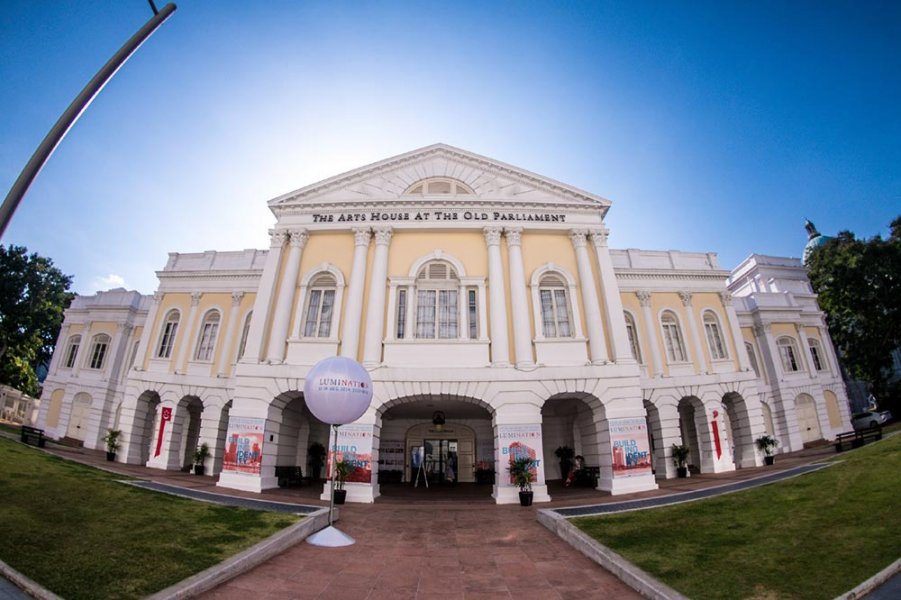
LumiNation 2019
Hybrid events and exhibitions to come
“What we are striving for is to find forms of online content that work uniquely well online. Not simply to replicate live stuff in an online format, but, where possible, to find formats that take advantage of digital capabilities in imaginative ways,” says Rupert Thomson, Head, Artistic Programmes (Arts House Limited Venues).
“We’re working with our arts tenants at Goodman Arts Centre and Aliwal Arts Centres to programme in new ways, and we are also planning long-term, thinking about how to animate the Civic District with artistic collaborations as we gradually emerge from the shadow of Covid-19.”
The National Arts Council’s Paul Tan clearly shares the same sentiments. He added that we do not have to see digital and live performances as binaries.
“All over the world, many arts groups are creatively presenting blended forms of arts programmes, involving live performances and audience participation while encouraging online interactions and even creating online communities. An example is theatre veteran Li Xie’s participatory radio play series Whut Happened?. The show invites listeners to be a part of the creative process, where recorded responses from listeners to each episode are woven into the story as the series develops.”
He adds: “When live performances are eventually allowed for audiences in Singapore, we will begin cautiously and will observe prevailing safety measures. We are confident that our arts companies and artists will create and present innovative experiences in this unprecedented time, bringing the magic of the concert hall or theatre to online fans as well as audiences in person.”
Esplanade’s Clarissa Oon also hints that hybrid festivals and events are looking to be the way of the future.
She says: “As Singapore moves towards Phase 3 and beyond, we are looking at festivals with a hybrid of both digital and live components that can be staged with safe distancing and a limited audience. Our programming teams are working with artists to rethink and reimagine what performance can be like in the digital space. This includes commissioning new works by Singapore and international artists created on digital platforms and leveraging on new forms of audience interactivity afforded by these platforms.”
While it looks like the arts scene in Singapore will never be the same again, it can assuredly be said that the future exists, just in a shape and form different from what we’re used to. And perhaps that might be a good thing. Only time will tell.



